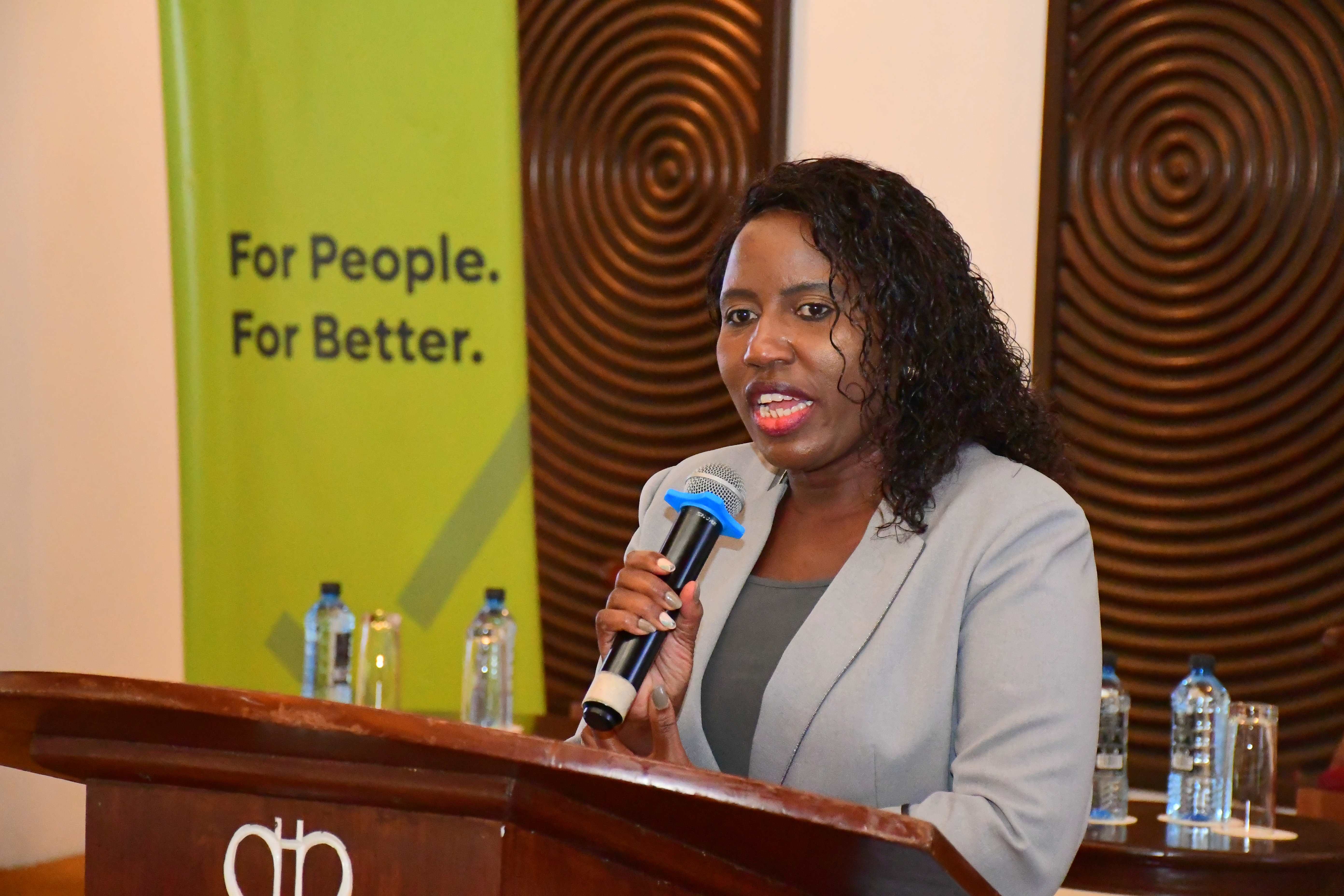
 Higher Education PS Beatrice Inyangala in Mombasa / BRIAN OTIENO
Higher Education PS Beatrice Inyangala in Mombasa / BRIAN OTIENO
Structural reforms in public universities are needed to restore financial stability in the institutions, a Principal Secretary has said.
Higher Education PS Beatrice Inyangala on Wednesday said public universities are drowning in debt because of poor management that has been exacerbated by rigid structures that are neither effective nor efficient.
“Most of our universities are in crisis. The time to change our future is now. We must reengineer university management and adopt cost-cutting measures,” Inyangala said.
She spoke at the inaugural National Retreat for Public University Councils in Mombasa.
Kenyan public universities are facing severe financial and governance crises leading to disruptions in learning, unpaid staff, with some facing closure.
The crises are characterised by mounting debts, reduced government funding and internal inefficiencies.
Several universities, including the University of Nairobi, Kenyatta University, Moi University and the Jomo Kenyatta University of Agriculture and Technology are among the biggest debtors.
KU, for instance, owes Sh12.38 billion, UoN owes Sh12.22 bllion, while Jkuat’s debt stands at Sh9.13 billion.
These debts are owed to suppliers, statutory bodies such as NSSF and KRA, pension funds, and contractors, and delays that have hampered day-to-day operations and triggered frequent industrial unrest.
On Wednesday, Inyangala called on the chairs of the university councils to adopt financial innovation, enterprise models and cost-efficiency strategies to rescue Kenya’s struggling higher education sector from a worsening debt crisis.
“This can be done by strengthening internal audit and quality assurance departments for the identification and mitigation of risks,” she said.
National Assembly Education committee chair Julius Melly challenged university councils to generate their revenue through money-making ventures instead of over-relying on government funding.
He said universities should be service-oriented through the prudent use of resources.
“As chairs of your universities, you must look at ways to be financially self-reliant through student enrolment, research grants and enterprise development.
“Universities should no longer be seen solely as academic institutions but as entities capable of generating income,” Melly said.
President William Ruto’s senior economic advisor Moses Kuria university executives must have entrepreneurial mindsets.
Universities, he said, must begin operating as enterprises.
“Vice Chancellors should be trained to think like CEOs. If a VC can’t run a business like Safaricom, they shouldn’t be running a university,” Kuria said.
“We must also rethink the role of chancellors and tap into technologies such as Artificial Intelligence (AI) to develop sustainable commercial models,” he said.
Kuria said university council should be unifying factors, bringing all stakeholders together to make universities attractive and competitive.
Instant Analysis:
Many universities have already begun implementing cost-cutting measures. At the heart of these efforts is staff retrenchment, a step that has affected morale and sparked fresh protests.
Also, a combination of strategies focused on financial diversification, operational efficiency, and improved funding models is needed. This includes enhancing public-private partnerships, optimizing resource utilisation, and strengthening loan repayment schemes.


















